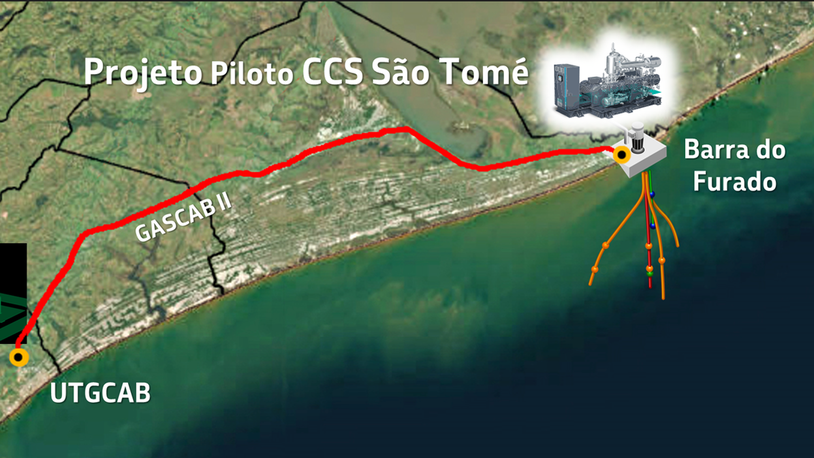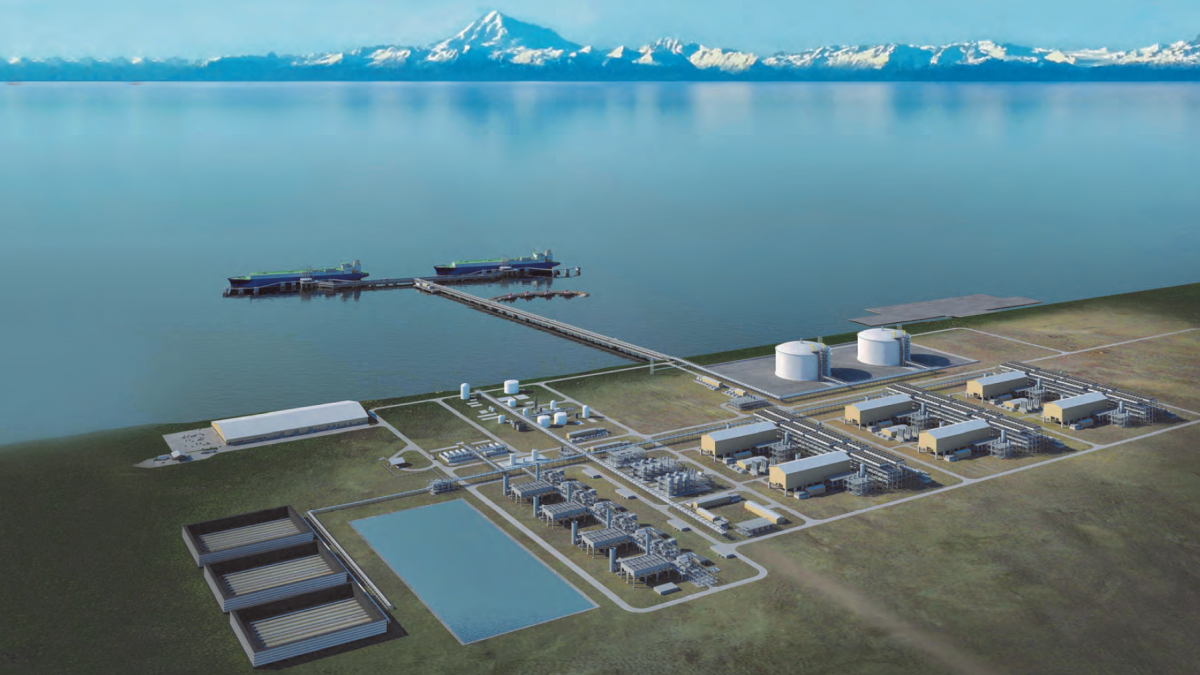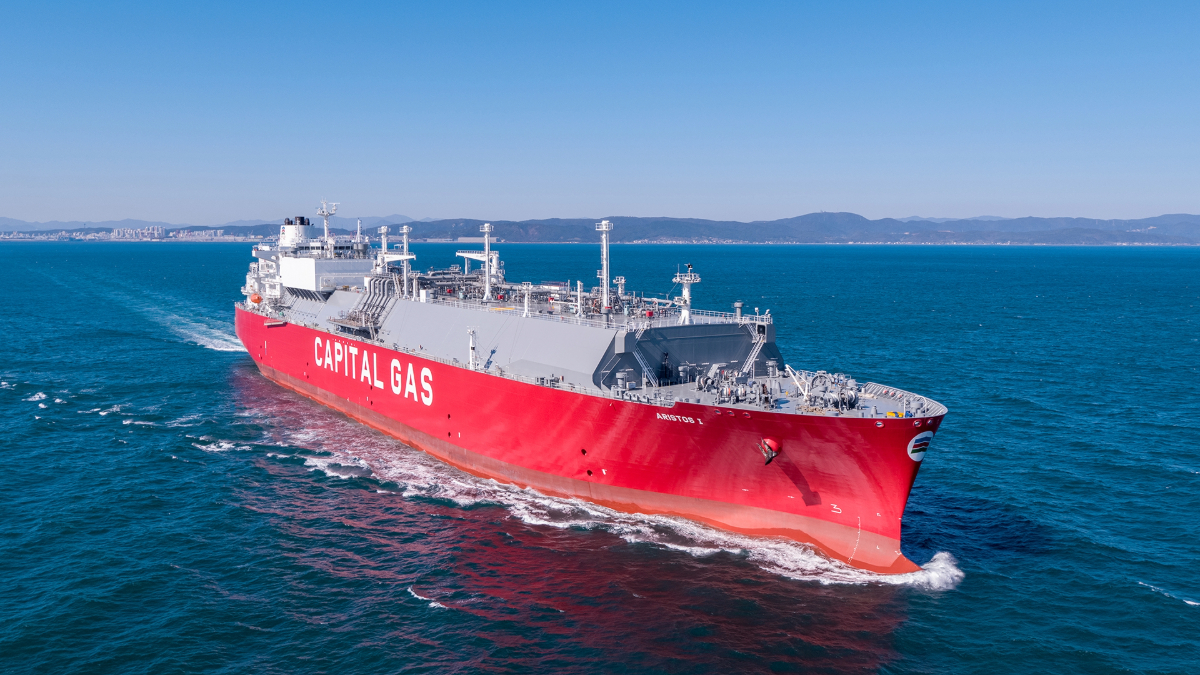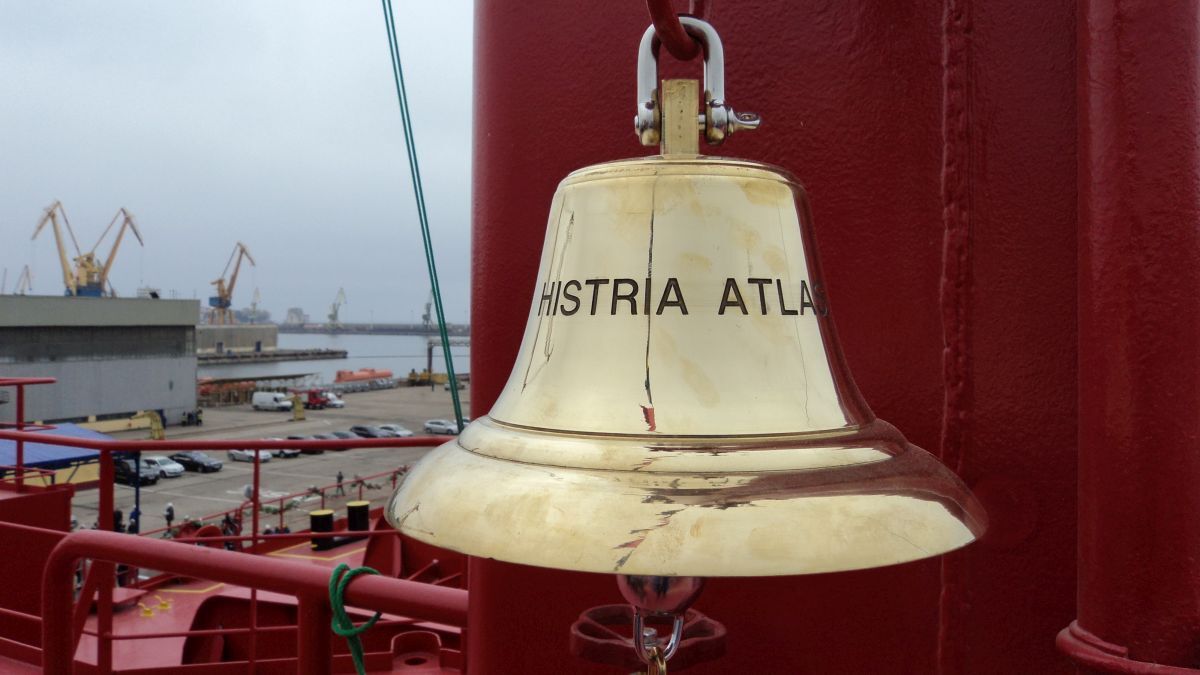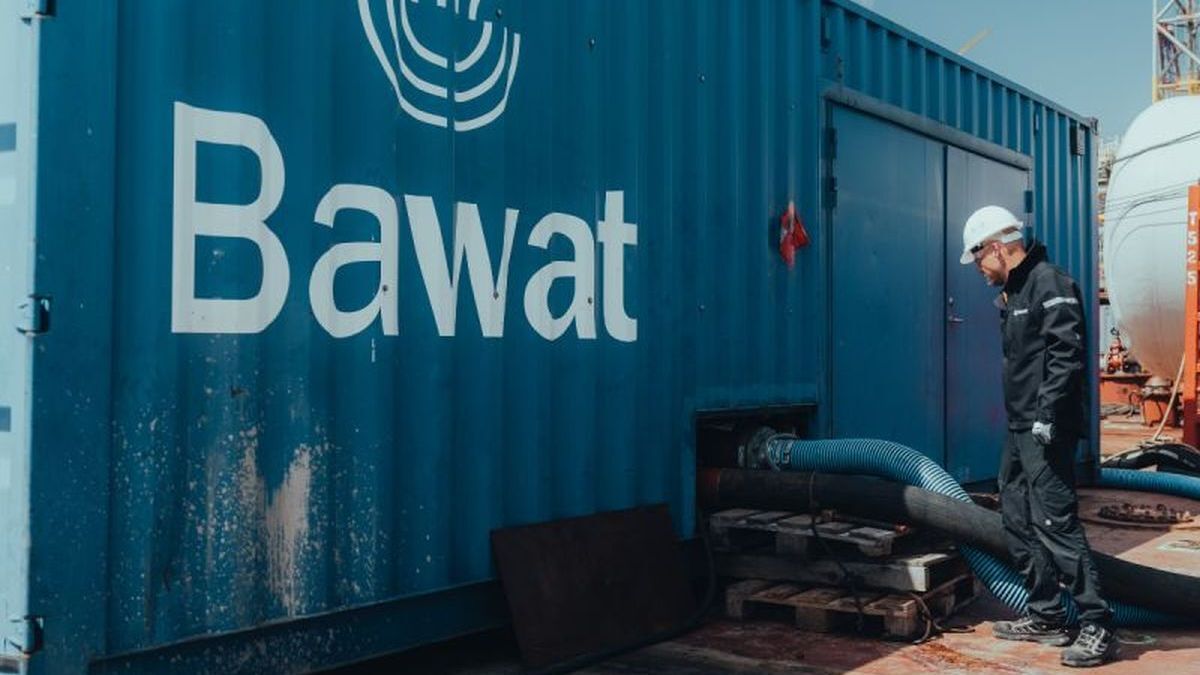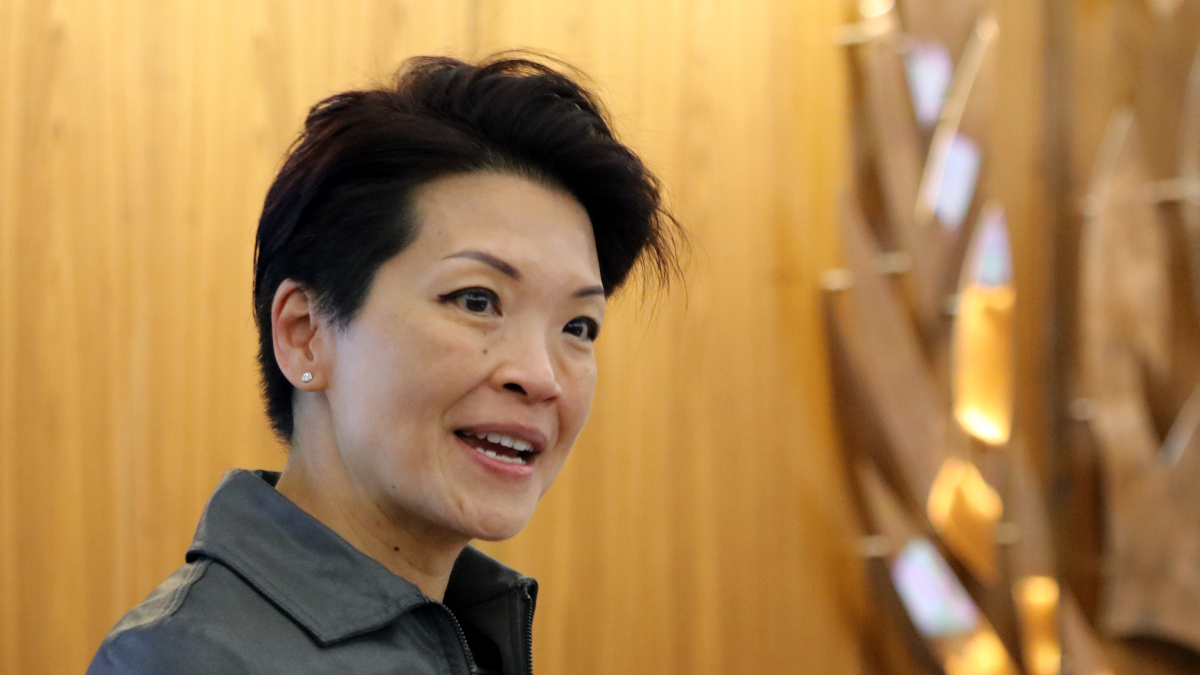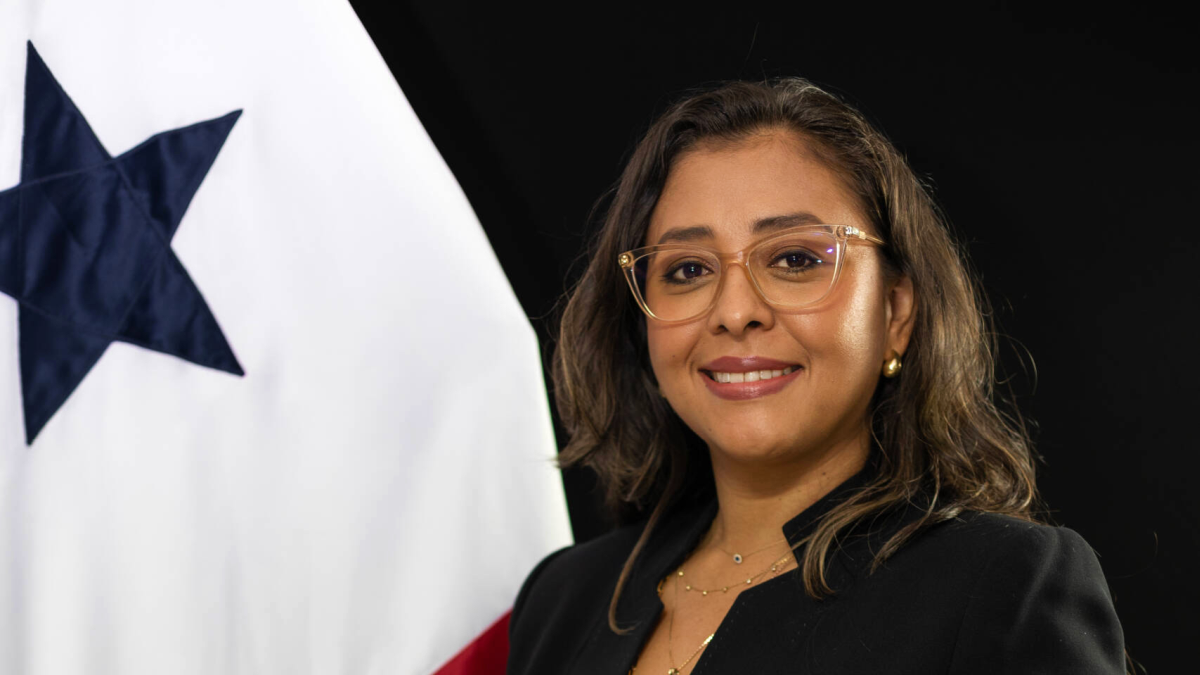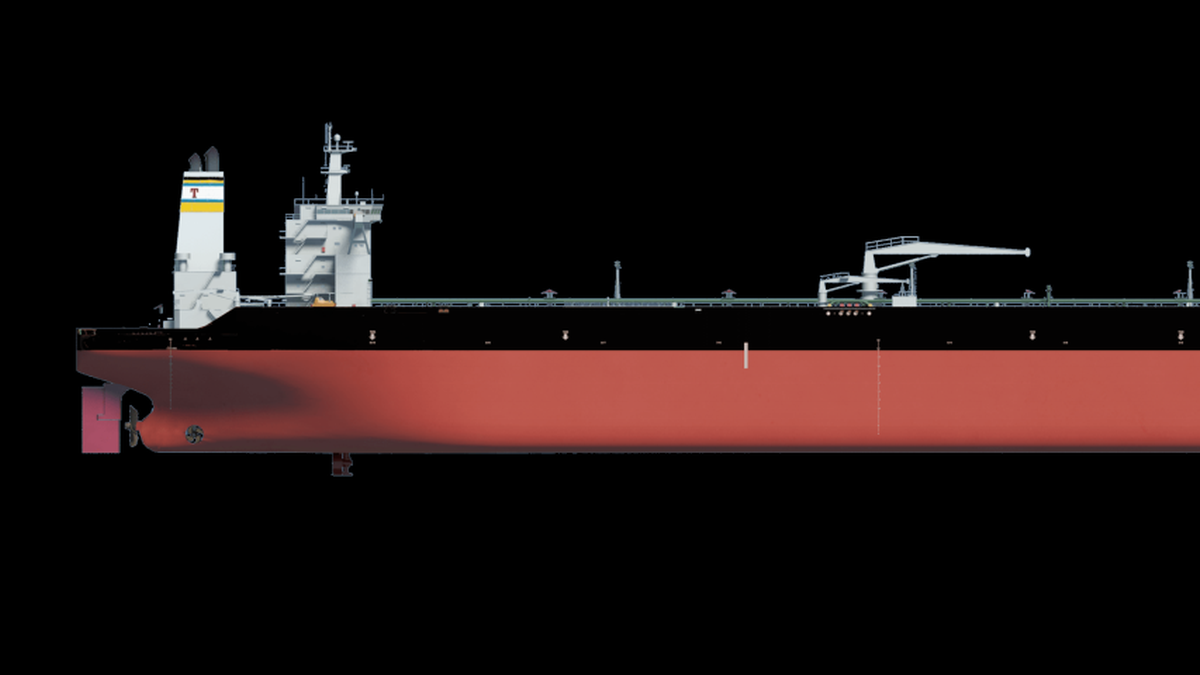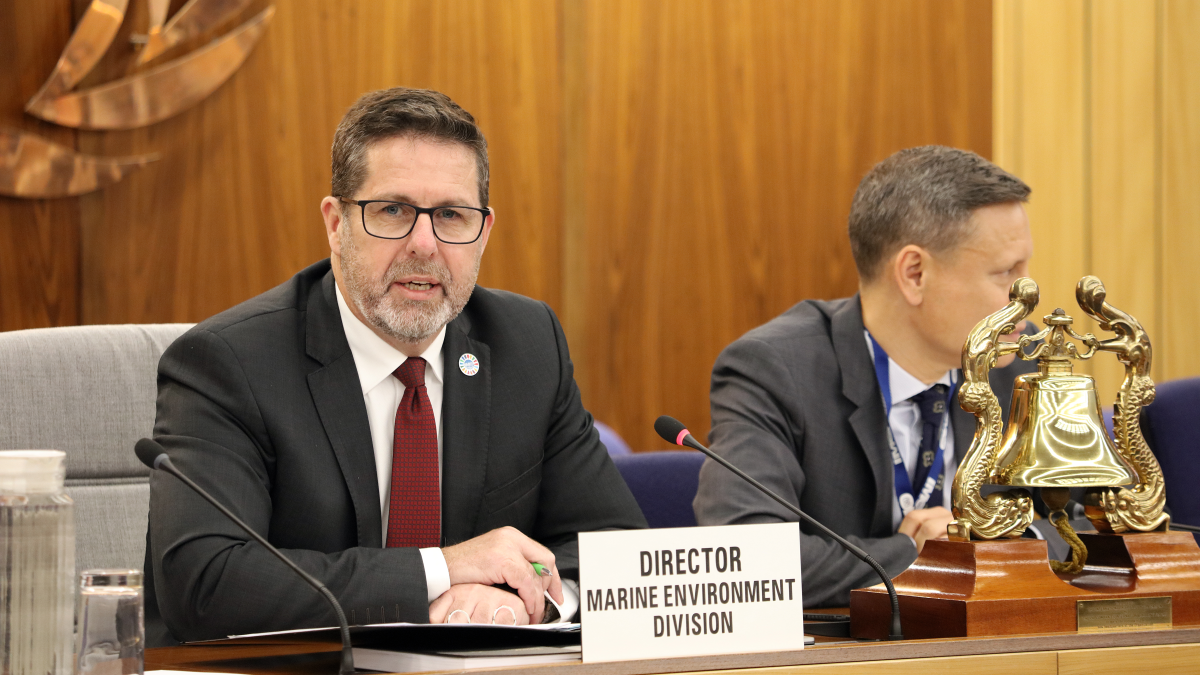Business Sectors
Events
Offshore Wind Webinar Week
Contents
Petrobras approves saline reservoir carbon capture and storage pilot
Brazil’s national oil major has launched a project to capture and store 100,000 tonnes of CO2 per annum in a saline reservoir pilot
Petrobras has approved the São Tomé carbon capture and storage (CCS) Pilot Project in Macaé, Rio de Janeiro, representing Brazil’s first pilot to integrate capture, transport and geological storage of CO2 in a saline formation.
The scheme will be overseen by the country’s National Agency of Petroleum, Natural Gas and Biofuels (ANP) and the State Institute of Environment (INEA) as part of Petrobras’s plan to achieve carbon neutrality by 2050.
Petrobras director of energy transition and sustainability Angélica Laureano said that “The company’s tradition of employing cutting-edge technology to enable major offshore ventures is now being applied to decarbonisation initiatives. This effort represents another concrete step by Petrobras in the development of effective climate solutions.”
The CCS São Tomé pilot is designed to capture up to 100,000 tonnes of CO2 per year over a three-year period from 2028, with injection into a deep saline reservoir at Barra do Furado, Quissamã.
This arrangement will enable ANP and INEA to test and validate procedures and standards for future commercial CCS deployments both onshore and offshore.
Petrobras director of engineering technology and innovation Renata Baruzzi explained that, “The São Tomé CCS Pilot Project constitutes a strategic research, development and innovation initiative that will validate, in real-world conditions, fundamental technologies and methodologies for the deployment of carbon capture and storage hubs in Brazil.”
Sign up for Riviera’s series of technical and operational webinars and conferences:
- Register to attend by visiting our events page.
- Watch recordings from all of our webinars in the webinar library.
Related to this Story
Events
Offshore Wind Webinar Week
Maritime Decarbonisation, Europe: Conference, Awards & Exhibition 2025
Offshore Support Journal Conference, Americas 2025
© 2024 Riviera Maritime Media Ltd.


